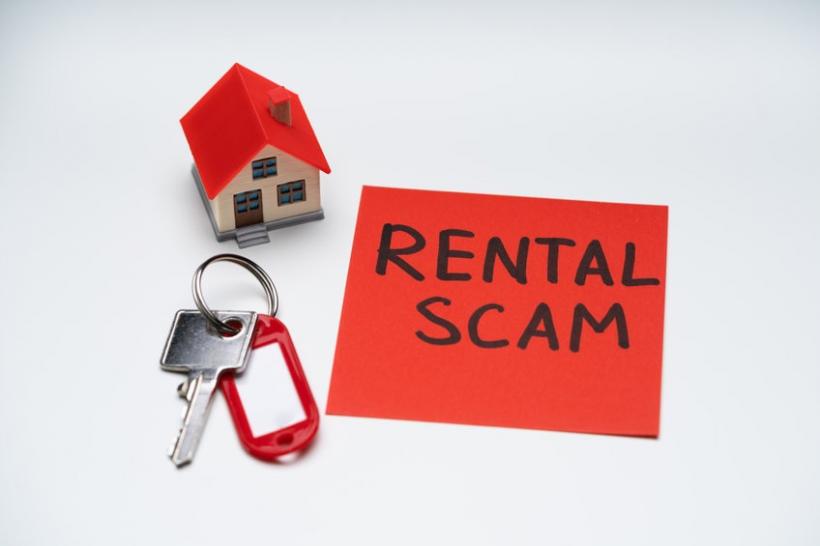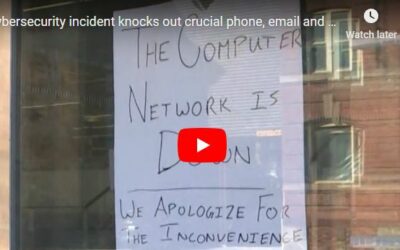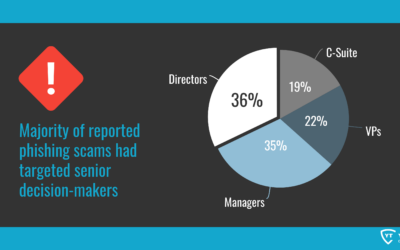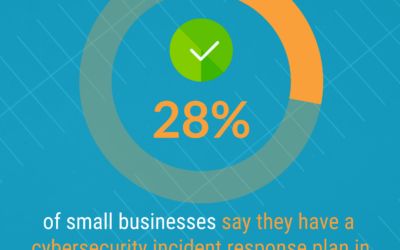In the digital age, where communication is largely conducted online, the risk of falling victim to scams and fraudulent activities has increased significantly. One such concerning trend is the rise of rental payment scams, where fraudsters impersonate landlords to trick tenants into sending their rent payments to illegitimate accounts. As of March 15, 2023, the Canadian Anti-Fraud Centre (CAFC) has issued an alert about an increase in such scams. In this blog post, we will delve into the details of this scam and provide you with essential tips on how to protect yourself and your hard-earned money.
The Scam: Spoofing Landlord Identities
In this scam, fraudsters go to great lengths to impersonate landlords, creating a façade of legitimacy that can easily deceive tenants. The typical scenario involves tenants receiving an email that appears to be from their landlord. This email requests a change in the payment method for rent, often claiming that the usual method is temporarily unavailable due to various reasons. To lend credibility, the scammers may use accurate information about the tenant’s lease terms and rental history
Red Flags to Look For
Staying vigilant is crucial when it comes to protecting yourself from rental payment scams. Here are some red flags to watch out for:
- Unusual Payment Requests: Be cautious if you receive an email requesting a change in payment method that is different from your usual arrangement. Especially if the request involves sending money via e-transfer or another unfamiliar method.
- Urgent or Pressuring Language: Scammers often use urgent or pressuring language to manipulate victims into acting quickly without thinking. They may claim that failure to comply will result in consequences.
- Email Address Discrepancies: Check the sender’s email address carefully. Scammers may use email addresses that are similar to your landlord’s but have slight variations.
- Spelling and Grammar Errors: Poorly written emails with spelling and grammar mistakes can indicate a scam. Legitimate businesses and landlords typically communicate professionally.
- Lack of Personalization: If the email doesn’t address you by name or lacks specific information related to your rental history, be cautious.
Protecting Yourself
To safeguard yourself from falling victim to rental payment scams, consider these precautionary measures:
- Independently Verify: If you receive an email requesting a change in payment method, independently verify the request by contacting your landlord using the contact information you already have on file. Do not use the contact information provided in the suspicious email.
- Trust, but Verify: Even if the email seems legitimate, take the extra step to confirm its authenticity. A quick phone call to your landlord can save you from financial loss.
- Educate Yourself: Stay informed about the latest scams and fraud trends. Alerts from organizations like the CAFC can help you recognize potential threats.
- Use Secure Channels: Whenever you’re sharing sensitive information or conducting financial transactions, ensure you’re using secure communication channels and verified websites.
- Report Suspicious Activity: If you receive a suspicious email or believe you’ve encountered a scam, report it to relevant authorities, such as the CAFC, to help prevent others from falling victim.
As technology continues to advance, so do the methods used by fraudsters to exploit individuals. The rental payment scam, where scammers impersonate landlords, is a stark reminder of the importance of vigilance in our digital interactions. By staying informed, verifying information, and trusting your instincts, you can protect yourself from falling prey to such fraudulent schemes. Remember, taking a few extra minutes to confirm the legitimacy of a request can save you from significant financial and emotional distress.
Helping local businesses. If you need Cybersecurity or IT Services, Contact us today!
Phone: 905-892-4000
Email: [email protected]
Website: www.yourtech.ca
Location: Hamilton, Halton and Niagara
Reach out to us anytime if you need assistance or have questions. We’re just a call or click away!
Fraud alert! As of March 15, 2023 the CAFC is seeing an increase in reports of this scam.
Fraudsters will spoof the name of a person’s landlord. They’ll send an email to tenants asking them to send your rent payment through e-transfer or another payment method that is different from your usual arrangement. They will give an excuse for why the normal payment won’t work.
If you get an email like this, contact your landlord using the information you already have for them.




